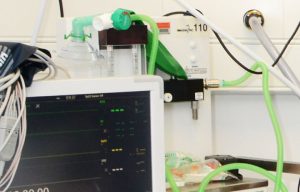Curious? If you'd like to know more about our work then please get in touch.
Contact us
About Emerge
EMERGE collaborate with people and centres all over the UK and the world.
Our group is based at the Emergency Department of the Royal Infirmary Edinburgh.
Royal Infirmary of Edinburgh Emergency Department, 51 Little France Crescent, Old Dalkeith Road, Edinburgh, EH16 4SA.
© 2024 Emerge Research.
Close Menu
- About
- Our Research
- Education & Training
- Working with EMERGE
- Patient and Public Information
- Contact

